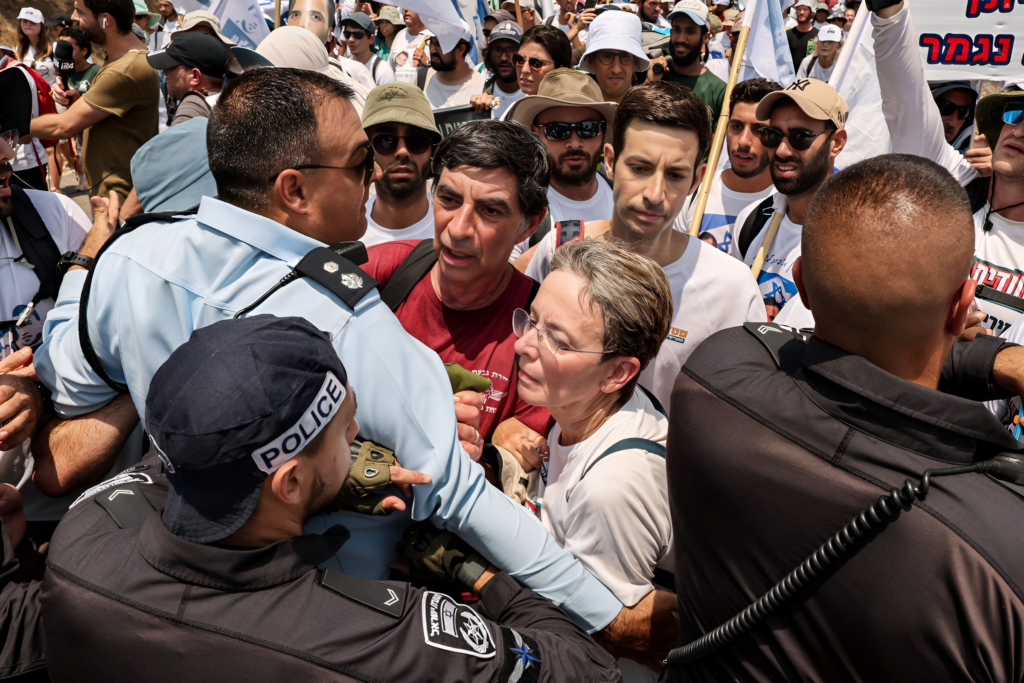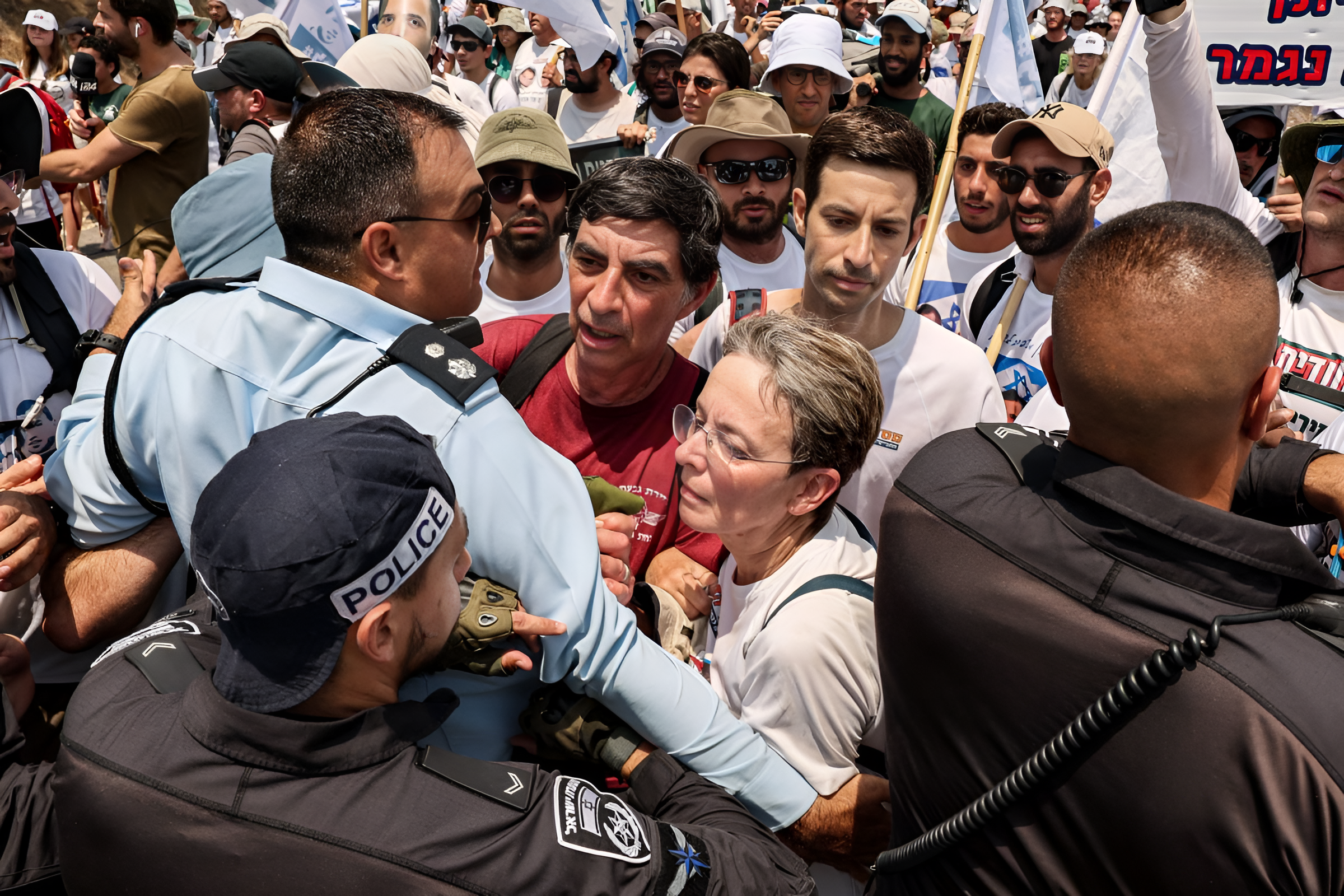
March 18, 2025 | By Rushdi Abualouf and George Wright | Reporting from Cairo and London
The Israeli military has launched a large-scale aerial assault on the Gaza Strip, resulting in the deaths of at least 330 Palestinians, according to figures released by the Hamas-run health ministry. This marks the most intense wave of attacks since the ceasefire, which had been in effect since January 19, collapsed.
Israel Targets Hamas Infrastructure in Heavy Strikes
The Israel Defense Forces (IDF) confirmed that the airstrikes specifically targeted Hamas’ military infrastructure. Among those killed was Mahmoud Abu Wafah, Gaza’s deputy interior minister and the highest-ranking Hamas security official in the territory. His death signals a significant escalation in hostilities between Israel and Hamas.
Airstrikes Hit Gaza During Pre-Dawn Ramadan Meal
Witnesses reported that the airstrikes began during the pre-dawn hours, just as many families were eating their pre-fast meal for Ramadan. Over 20 Israeli warplanes flew over Gaza City, Rafah, and Khan Younis, carrying out precision strikes on strategic targets.
The Israeli Prime Minister’s Office confirmed that Prime Minister Benjamin Netanyahu and Defense Minister Israel Katz authorized the military action early Tuesday morning.
A statement from the PM’s office justified the strikes, saying:
“This follows Hamas’s repeated refusal to release our hostages, as well as its rejection of all the proposals it has received from US Presidential Envoy Steve Witkoff and from the mediators.”
The statement further emphasized:
“Israel will, from now on, act against Hamas with increasing military strength.”
Ceasefire Talks Collapse, Tensions Reach Breaking Point
Efforts to extend the temporary ceasefire, which expired on March 1, have failed. Mediators, including the United States, had proposed an extension until mid-April to facilitate further hostage-prisoner exchanges between Israel and Hamas. However, both sides remain deeply divided, leading to a breakdown in negotiations.
Israel’s UN Ambassador Danny Danon issued a stark warning:
“We will show no mercy on our enemies.”
Hamas, in response, condemned Israel’s actions, accusing it of violating agreements and risking the lives of Israeli hostages still held in Gaza. The militant group has not yet declared an end to the ceasefire but is calling on international mediators and the UN to intervene.
U.S. Response and International Reactions
A White House spokesperson confirmed to Fox News that Israel had consulted U.S. President Donald Trump’s administration before conducting the strikes. While the United States has reiterated Israel’s right to self-defense, there is growing international concern over the humanitarian crisis in Gaza.
Humanitarian Catastrophe in Gaza: Unprecedented Crisis
Since the outbreak of the conflict on October 7, 2023, when Hamas launched a deadly attack on southern Israel, the humanitarian toll has been catastrophic:
More than 48,520 Palestinians killed – mostly civilians (Hamas-run health ministry figures used by the UN).
Over 2.1 million people displaced, forced to move multiple times.
Nearly 70% of buildings damaged or destroyed, leaving thousands homeless.
Healthcare system on the brink of collapse, with hospitals overwhelmed and lacking essential supplies.
Severe shortages of food, clean water, medicine, and fuel – pushing Gaza into an unprecedented crisis.
What Happens Next? The Uncertain Future of the Conflict
With ceasefire negotiations failing and Israel intensifying its military campaign, the risk of a prolonged conflict looms large. The international community faces tough questions:
Can diplomats revive peace talks before the situation deteriorates further?
Will global powers intervene to stop the violence and prevent a larger regional war?
Is Gaza on the brink of an even deadlier phase of destruction?
The next few days will be crucial in determining whether this is a temporary surge in violence or the start of a much larger war.

